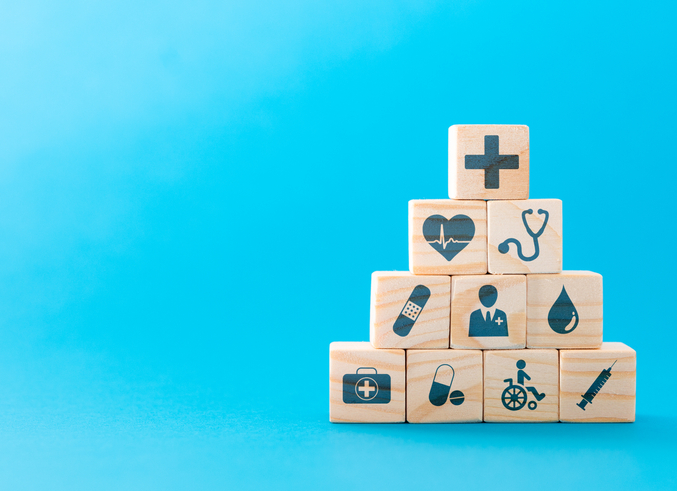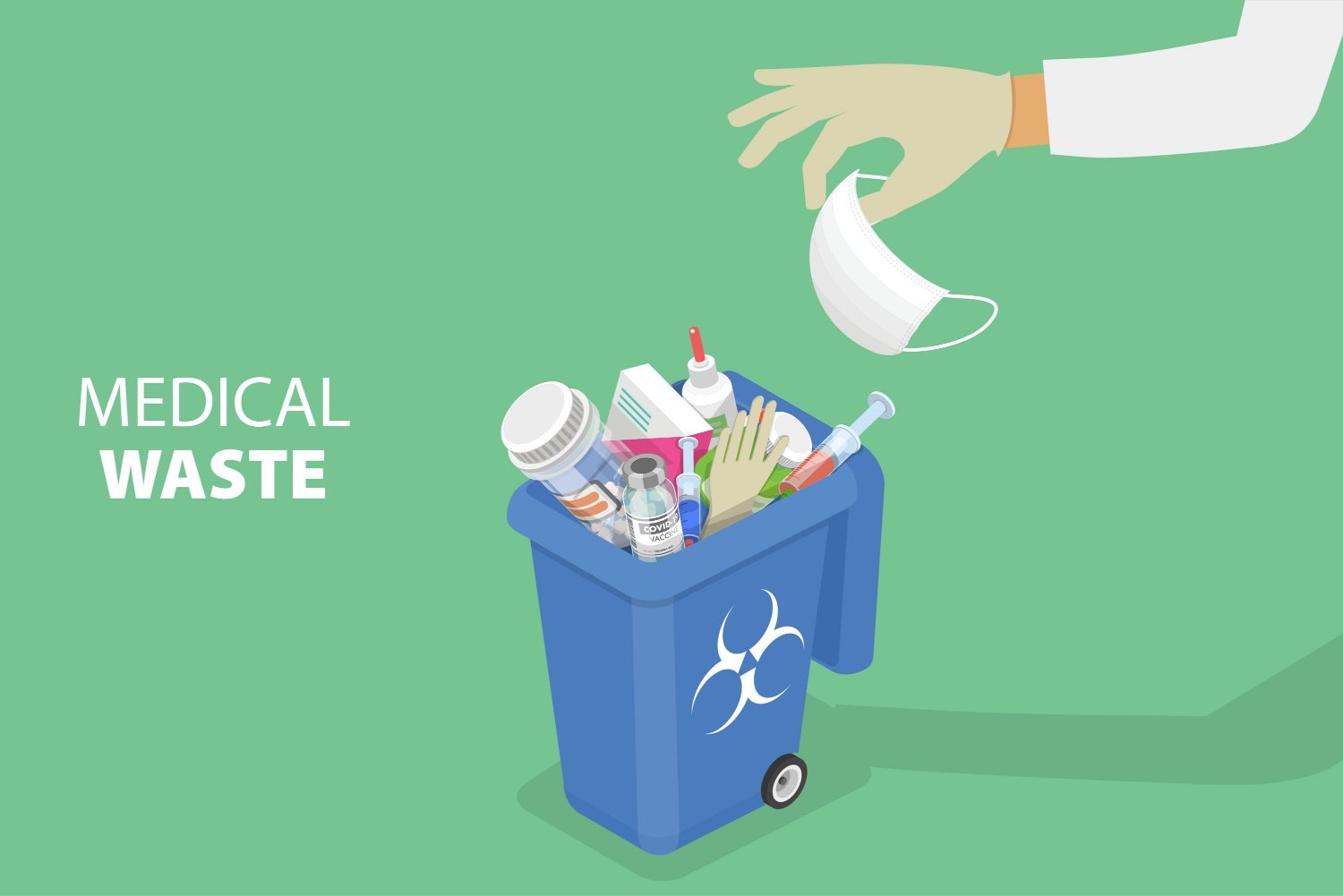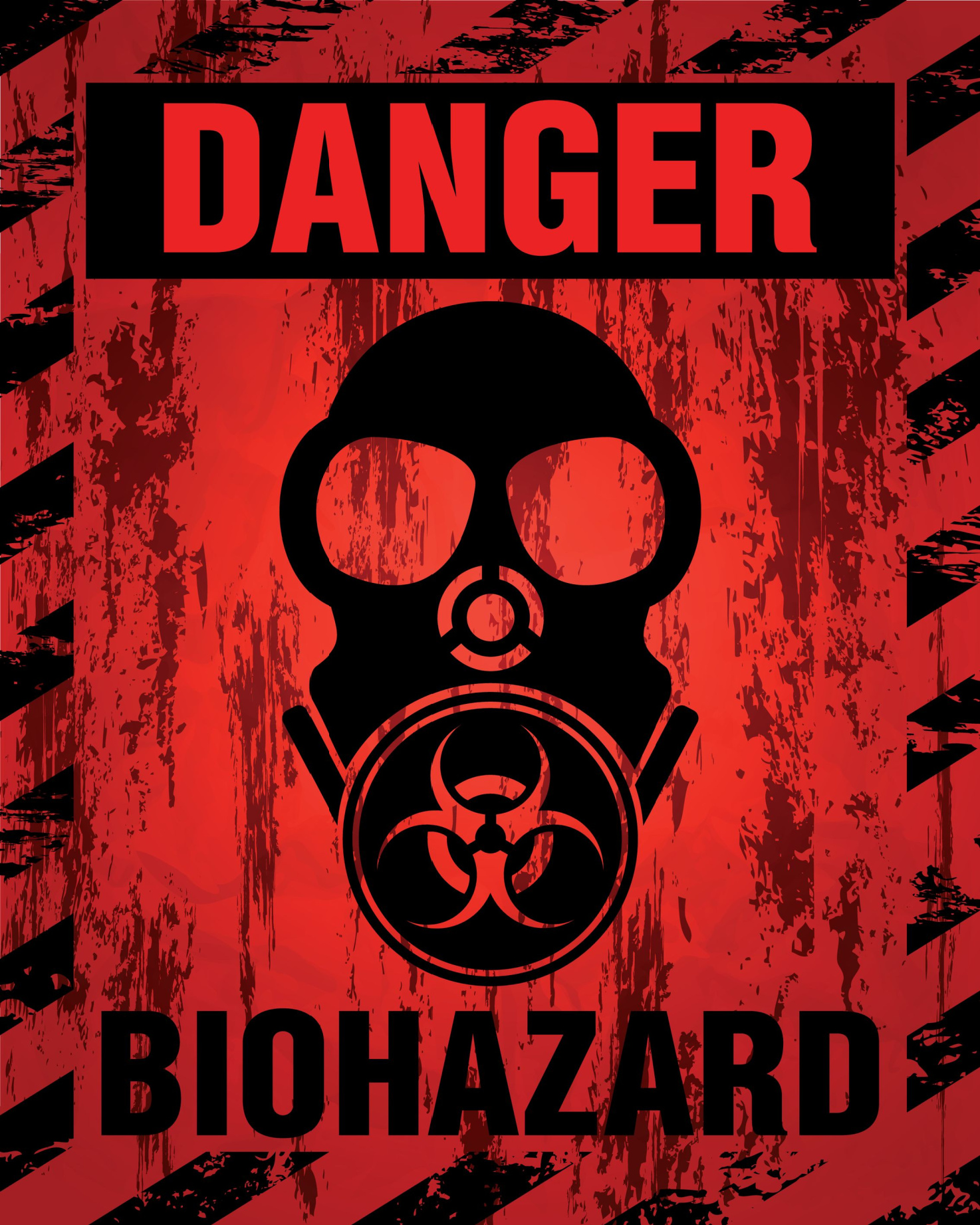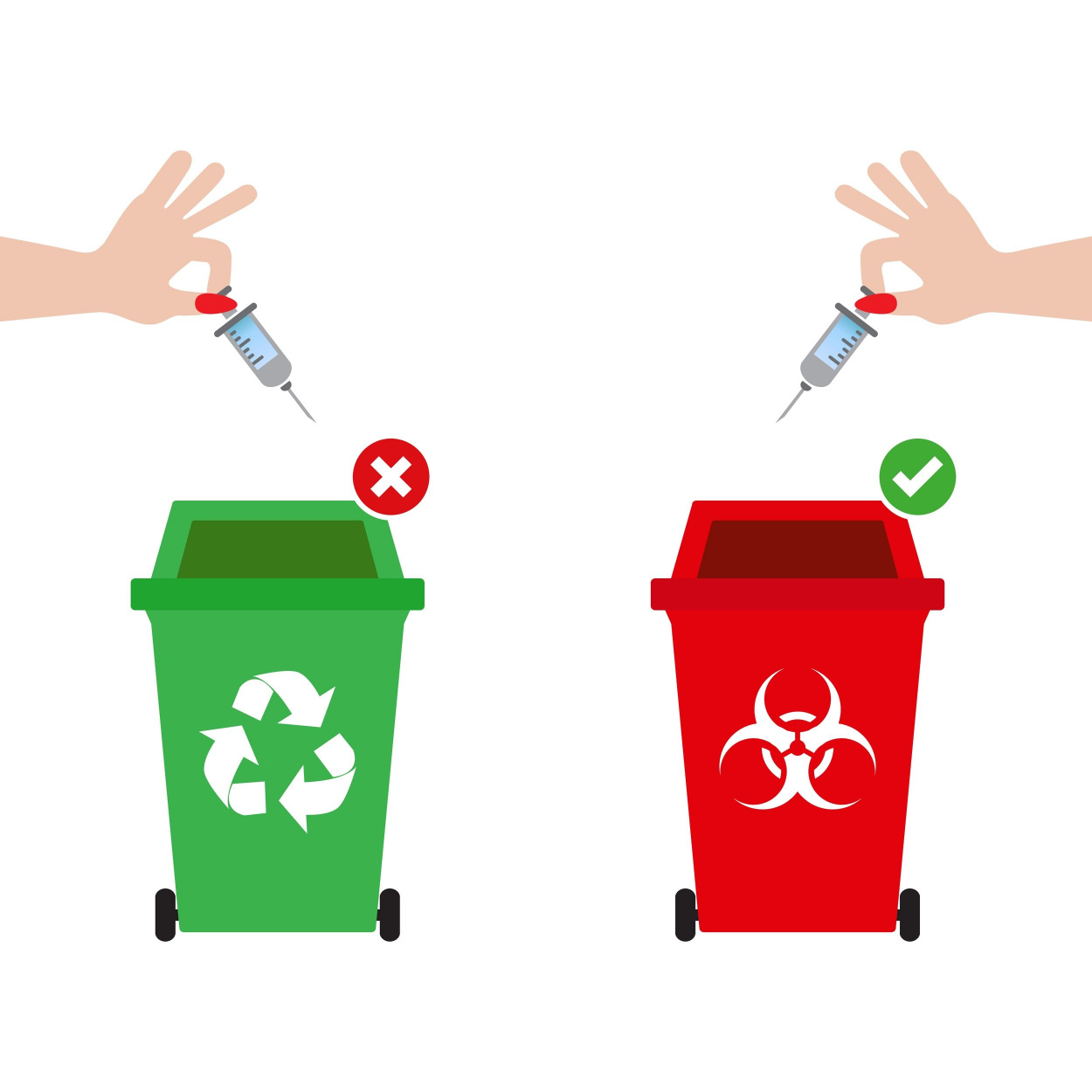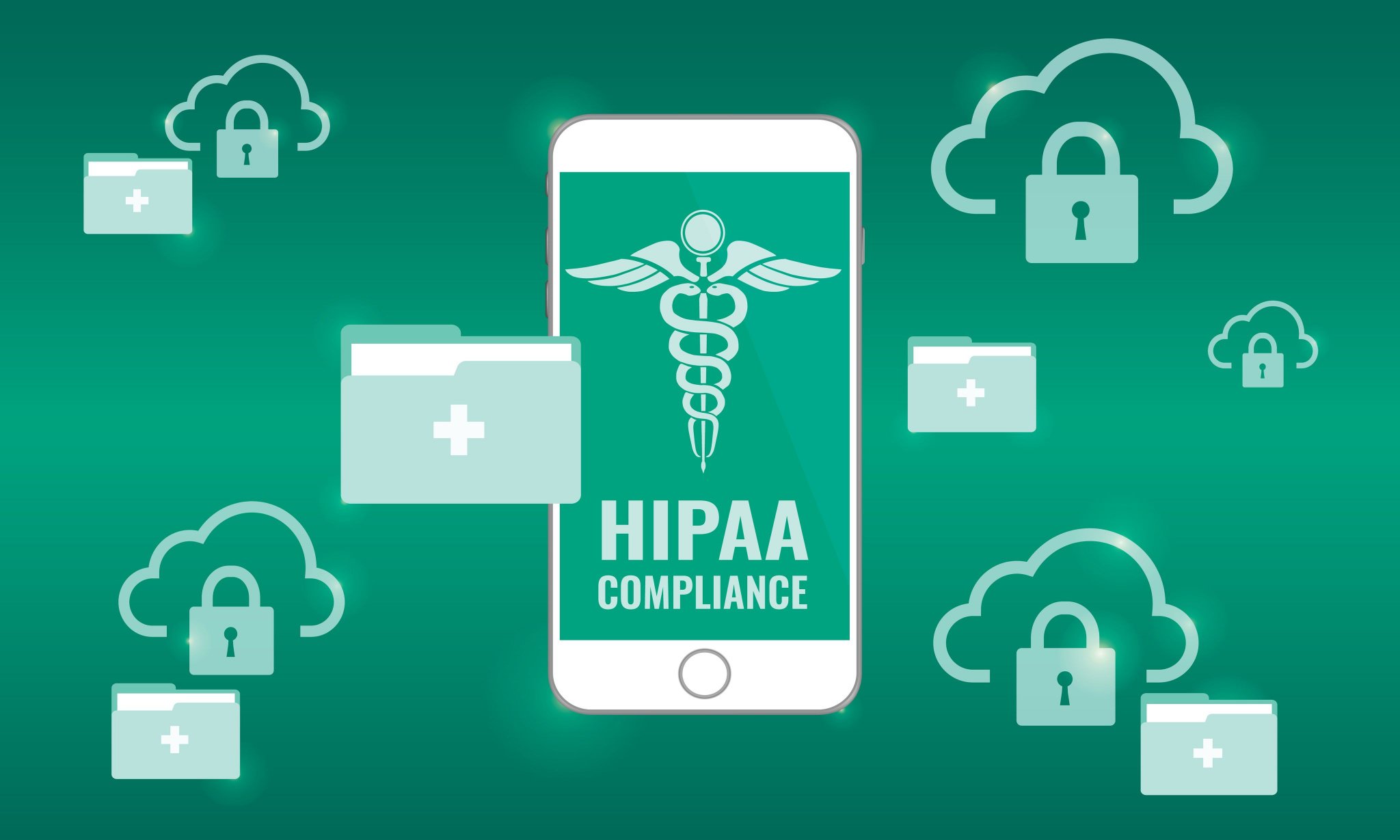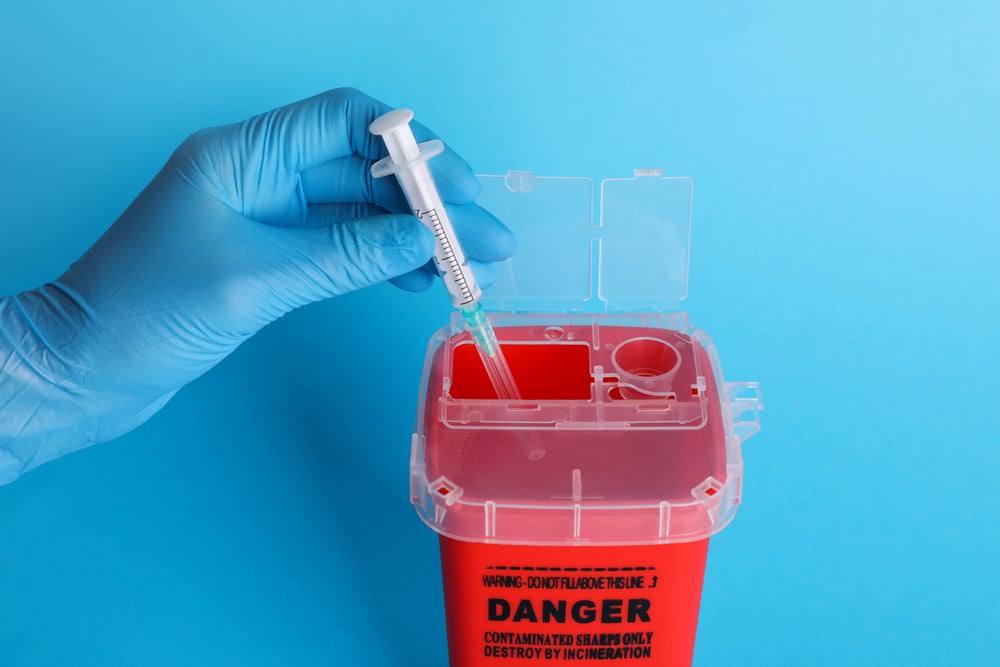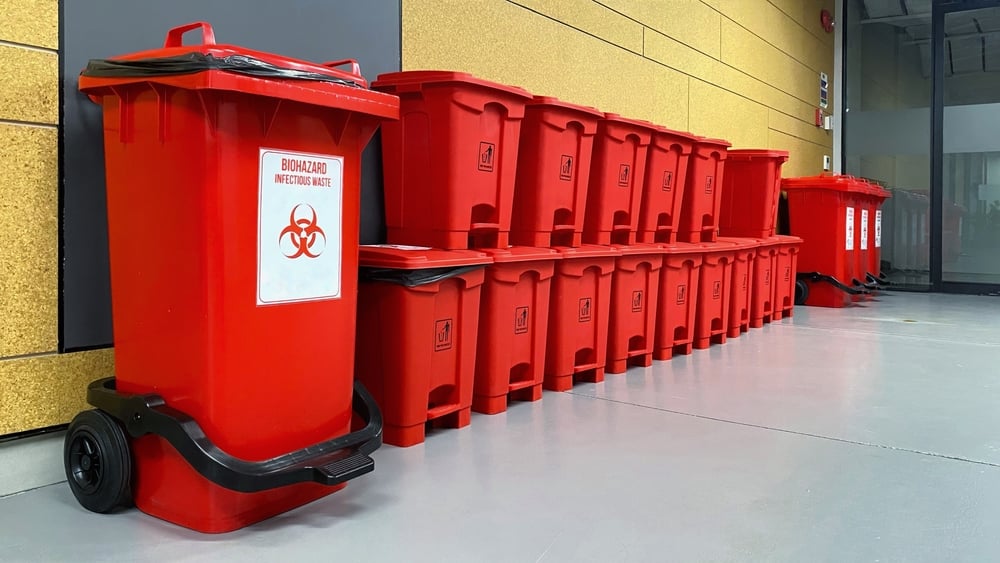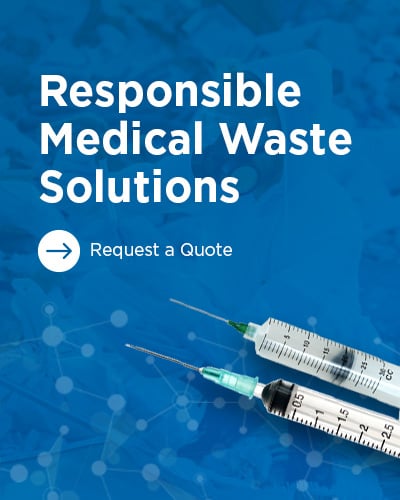Healthcare facilities must be aware of their potential safety and health hazards. The Occupational Safety and Health Administration (OSHA) is the primary regulatory agency responsible for setting and enforcing standards to protect workers in the United States. Operators including urgent care facilities should familiarize themselves with OSHA's requirements related to bloodborne pathogens, sharps safety, and workplace ...
Dental Effluent Guidelines Explained BACKGROUND The Environmental Protection Agency (EPA), Centers for Disease Control and Prevention (CDC), and Food and Drug Administration (FDA) have closely monitored and tested the effects of mercury and its use in the dental industry for many years. Since the early 1990s, these agencies have been researching the link between human and environmental health issues and mercury that ...
Pharmaceuticals are an essential part of our healthcare system, but they can also be a source of pollution if they are not disposed of properly. MedSafe is a pharmaceutical waste disposal system that helps to reduce this pollution. Medsafe – pharmaceutical waste disposal is a container that you can use to dispose of unwanted or expired medication. Once your MedSafe is complete, you can take it to a pharmaceutical waste ...
Medical waste, often called healthcare-associated waste, refers to anything contaminated with blood or other potentially infectious materials. It can come from hospitals, clinics, doctor's offices, nursing homes, and even households. While most medical waste is not hazardous, some can be dangerous to human health and the environment if not correctly disposed of. According to the World Health Organisation (WHO), medical waste ...
Biohazardous waste is any liquid, solid, or container containing infectious materials or potentially infectious substances. Infectious materials are anything with a pathogen, a microorganism that can cause disease in humans or animals. This type of waste can pose a severe health and safety risk to both people and the environment if it is not disposed of properly. Proper biohazardous waste disposal is critical to preventing ...
Working with blood and other bodily fluids puts you at risk of contracting a bloodborne pathogen. Bloodborne pathogens are infectious microorganisms that can cause severe or life-threatening illnesses, such as HIV/AIDS, hepatitis B, and hepatitis C. The good news is that you can take steps to protect yourself from exposure to these dangerous pathogens. Taking a Blood Borne PathogenTraining course is one of the best ways to ...
Unsafe needle disposal is not only a danger to the person disposing of the needles but also to the community at large. When needles are disposed of improperly, they can end up in public places where children and adults can accidentally stick themselves. This can lead to severe infections and even death. Unsafe needle disposal is a serious public health hazard. It can lead to the spread of disease, infection, and environmental ...
HIPAA stands for the Health Insurance Portability and Accountability Act. It is a US federal law that was enacted in 1996. The primary purpose of HIPAA is to protect patient health information confidentiality and ensure the security of electronic healthcare transactions. The Rule applies to all forms of protected health information, including electronic, paper, and oral communications. Under HIPAA law, covered entities (CEs) ...
A sharps container is a specialized container that stores sharp medical instruments, such as needles, syringes, and lancets. Sharp's containers are usually made of hard plastic with a lid that locks to prevent spills. Some sharps containers also have a secondary locking mechanism to prevent accidental opening. Sharps containers safely store sharp medical instruments until they can be disposed of properly. This helps to ...
Biohazardous waste is any liquid, solid, or container containing infectious materials or potentially infectious substances. Infectious materials are anything with a pathogen, a microorganism that can cause disease in humans or animals. This type of waste can pose a severe health and safety risk to both people and the environment if it is not disposed of properly. Proper biohazardous waste disposal is critical to preventing ...
Category
- sharps disposal (31)
- Medical Waste (29)
- sharps container disposal (26)
- Compliance (21)
- sharps mail back (20)
- Pharmaceutical Waste Disposal (14)
- Infection Control (13)
- Safety (13)
- Dental Practice (12)
- biohazardous waste disposal (11)
- OSHA (9)
- Hazardous Waste (8)
- amalgam disposal (8)
- patient support programs (8)
- Universal Waste (7)
- amalgam separators (6)
- vet sharps disposal (6)
- Hazardous Waste Disposal (5)
- News (5)
- amalgam recycling (5)
- dental clinical waste disposal (5)
- #GLP1 (4)
- Amalgam (4)
- ECOII Amalgam Separator (4)
- OSHA Training (4)
- News & Regulations (3)
- medication disposal (3)
- surface disinfectant (3)
- veterinary medical waste (3)
- HIPAA (2)
- flu vaccine (2)
- influenze (2)
- BioSURF (1)
- HIPAA Compliance (1)
- HIPAA Law (1)
- HIPAA Violation (1)
- RP Returns (1)
- improving patient experience (1)
- quart containers (1)
- sharps disposal for veterinarians (1)



